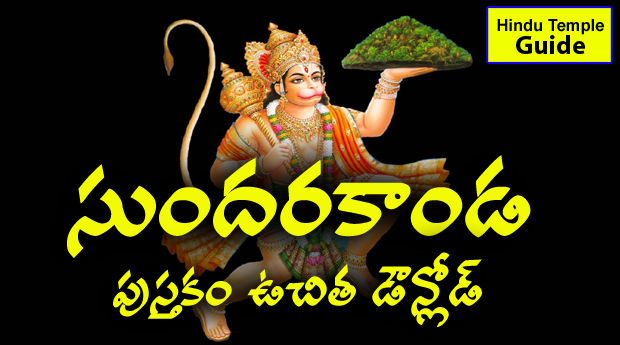

An alternative interpretation of Bhagavata is 'devotees of the Adorable One'. Bhagavata means 'devoted to, follower of Bhagavat – the 'sacred, divine (God, Lord)'.
.jpg)
It was the first Purana that was translated into a European language, when a French translation of a Tamil version appeared in 1788 and introduced many Europeans to Hinduism and 18th-century Hindu culture during the colonial era. The tenth book, with about 4,000 verses, has been the most popular and widely studied. The text consists of twelve books ( skandhas) totalling 332 chapters ( adhyayas) and between 16,000 and 18,000 verses depending on the recension. Manuscripts survive in numerous inconsistent versions revised through the 18th century creating various recensions both in the same languages and across different Indian languages. The date of composition is probably between the eighth and the tenth century AD, but may be as early as the 6th century AD. An oft-quoted verse is used by some Krishna sects to assert that the text itself is Krishna in literary form. However the Bhagavata Purana asserts that the inner nature and outer form of Krishna is identical to the Vedas and that this is what rescues the world from the forces of evil. The text presents a form of religion ( dharma) that competes with that of the Vedas, wherein bhakti ultimately leads to self-knowledge, liberation ( moksha) and bliss. The Bhagavata Purana is a revered text in Vaishnavism, a Hindu tradition that reveres Vishnu.

Truth re-emerges as Krishna (called 'Hari' and 'Vasudeva' (another name for Krishna) in the text) – first makes peace with the demons, understands them and then creatively defeats them, bringing back hope, justice, freedom and happiness – a cyclic theme that appears in many legends. As it begins, the forces of evil have won a war between the benevolent devas (deities) and evil asuras (demons) and now rule the universe. The Bhagavata Purana discusses a wide range of topics including Cosmology, Genealogy, Geography, Mythology, Legend, Music, Dance, Yoga and Culture. Composed in Sanskrit and available in almost all major Indian languages, it promotes bhakti (devotion) to Krishna integrating themes from the Advaita (monism) philosophy and from the Dvaita (dualism) philosophy. Bhagavata Purana (Devanagari: भागवतपुराण Bhāgavata Purāṇa) also known as Śrīmad Bhāgavata Mahā Purāṇa, Śrīmad Bhāgavatam or Bhāgavata, is one of Hinduism's eighteen great Puranas ( Mahapuranas, great histories).


 0 kommentar(er)
0 kommentar(er)
